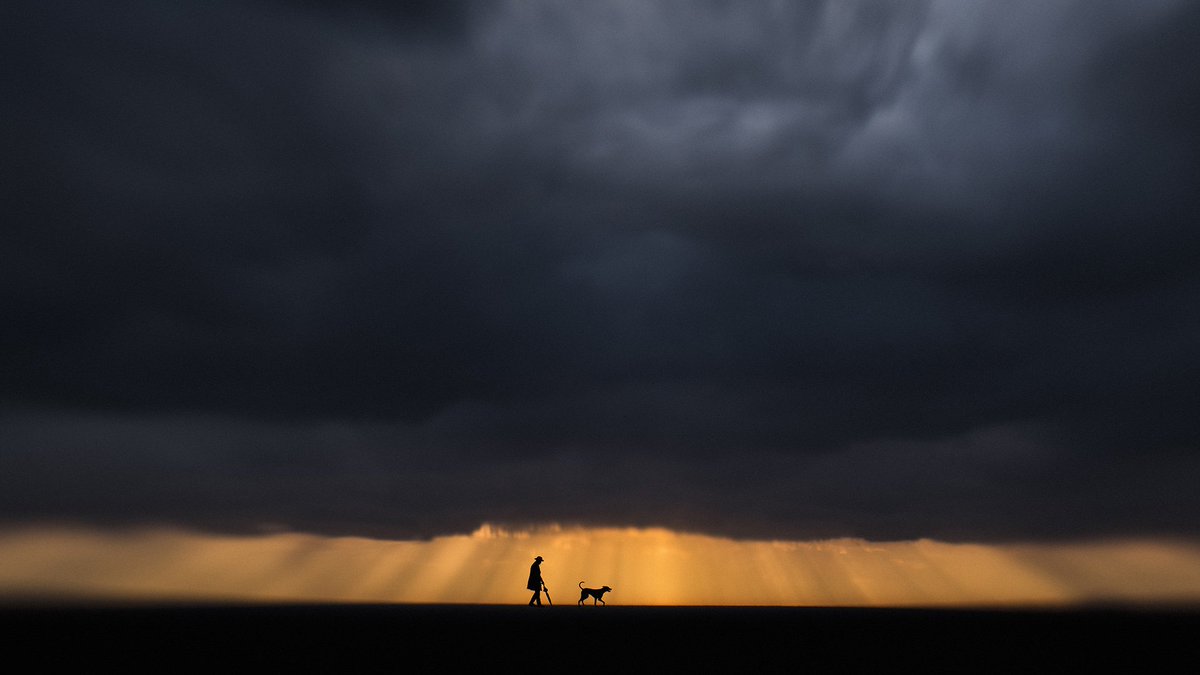|
The last place I expected to see the thousand-yard-stare was in my daughter’s face while we sat – the appropriate social distance apart – in her suburban backyard. But there it was, wide-open eyes staring inward revisiting frightening, dangerous places, just like a combat veteran. “It’s a monster.” Jenn repeated herself to make sure I understood, “A monster.” She leaned toward me. “Every day it comes up with something new, something we haven’t seen before.” She shook her head looking inward again. “Today, it was toes that present as if they’re frostbitten.” Jenn is a respiratory therapist with over twenty years hospital experience wrestling with the limitations of medicine. It was impossible not to talk about COVID-19 in the middle of the pandemic but my stomach lurched to hear hard-headed Jenn’s statement. “We’ve tried all of the protocols.” She raised her hands palms up with a ‘who knows?’ gesture. “Some days they work on some patients. Other days they don’t.” From her description, I visualized battling a powerful, multi-tentacled killer in a dark cave. What frightened me was that, under her frustration, was a real fear that nothing would work. “You don’t know what’s going to happen.” She twisted a lock of her hair like she did when she was a girl. “A patient’s doing well, then crashes. You expect old people and get young athletes. Suddenly patients are stroking out.” She shook her head and looked over at the grandchildren and dogs playing in the yard. “You know the worst?” “The lack of ventilators?” I asked. “Not really,” she said taking a sip of wine. “We have a few on transport vents but that’s not a patient care issue.” I couldn’t imagine what would be worse than what she’d already described and thought about hugging her and the hell with social distancing. “Not knowing what’s next. Like it’s playing with us. Saying ‘Oh, you think you’ve got me figured out, huh? What do you think of this?’ and we end up seeing something we’ve never seen before.” She lowered head for a moment then looked up. “We ain’t winning.” “Isn’t that a little extreme, honey?” She was describing the end of civilization. “Aren’t most of the cases mild and even most of the severe cases recover?” “Depends on what you mean.” Her eyes filled with tears. “We had a thirty-year old man, in good shape. His chest X-ray was a complete white-out, lungs completely filled with fluid. After two weeks on a vent, he’d recovered enough to be extubated – one of the few. He was discharged but he was still a wreck.” “Did he have some undiagnosed condition…” She cut me off. “No. He was thirty friggin’ years old. He shouldn’t have been in the ICU at all. It just seems…random.” She shook her head. “It’s a monster.” More wine. “I spend half my shift checking high-flow patients on the floors, the ones getting their oxygen through a nasal canula, making sure that their oxygen saturations don’t drop below ninety. That’s when they need to be intubated and moved to ICU.” “But don’t some of the high-flow patients get better?” “Yes, but it’s the numbers. You can make anything sound okay, if it isn’t you.” One of the boys came over and put his arm around his mother. “Mom, we’re hungry. So, can I bring some hot chips out? Please, please, please?” Jenn smiled. “No. We’ll be having dinner soon.” Together, still six feet apart, we watched Johnny walk back to join his brother kicking an old soccer ball to tease the dogs. “I don’t know how much longer I can do it,” Jenn said, almost to herself. |
| Refugee from banking, novelist and short story writer. Resides in Bucks County, Pennsylvania, USA |

Thanks for the true guts of health care and life in this Pandemic.
It’s similar in the mental health field. There is never a normal day anymore.